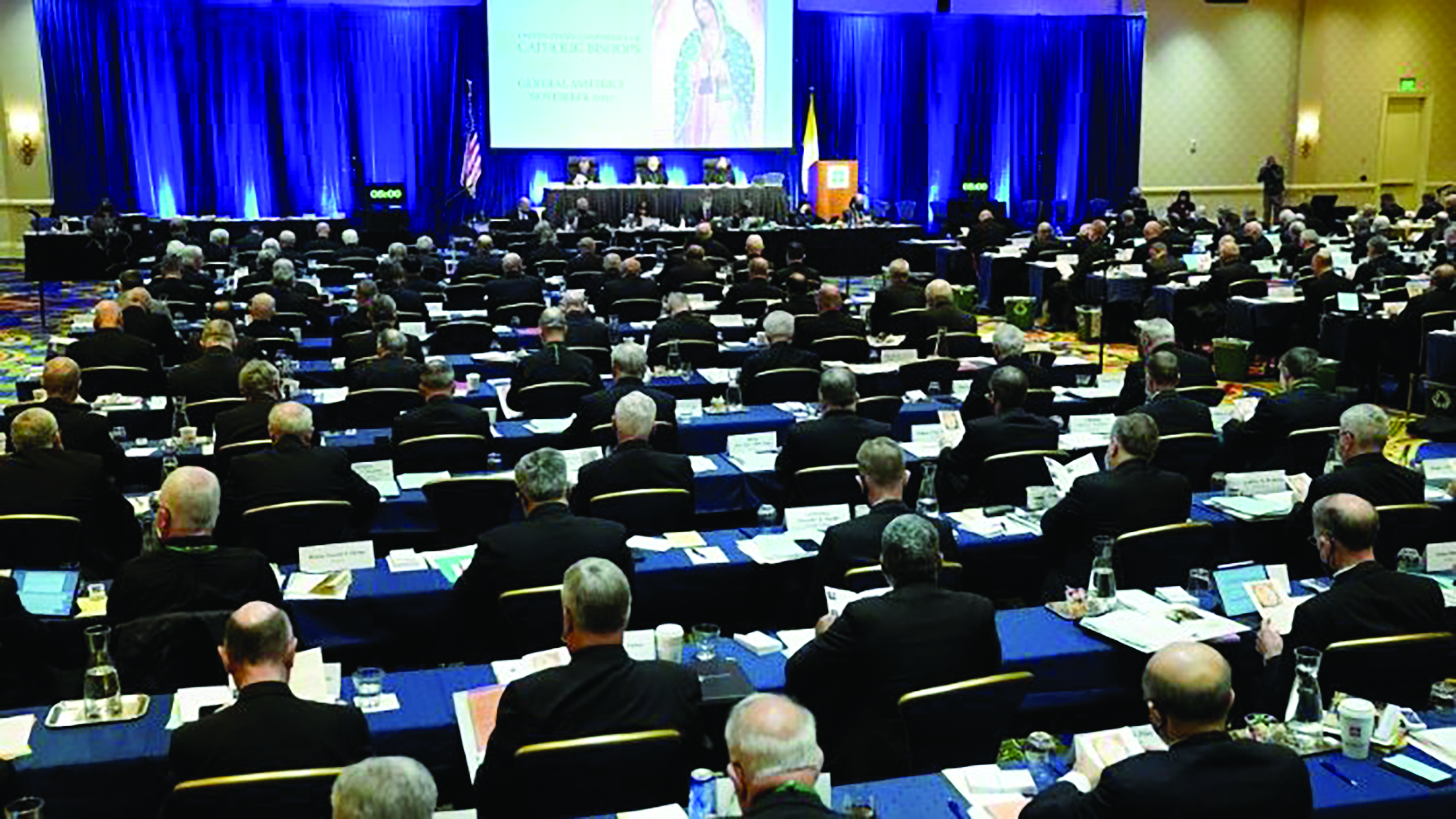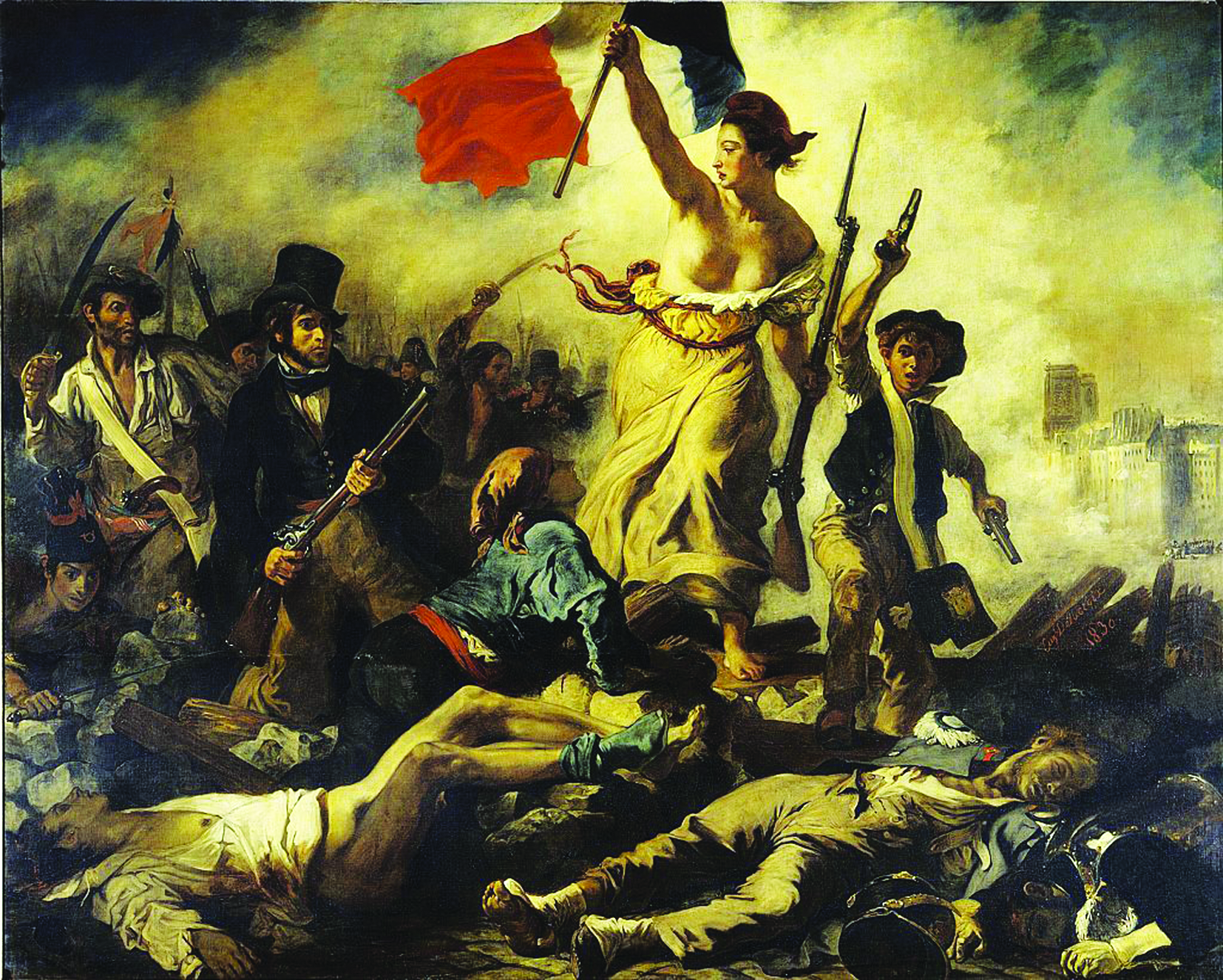Shot by gunmen as he celebrated Mass on March 24, 1980, Archbishop Oscar Romero was revered by many as a saint. But others were critical of him. Now, after 35 years, he will soon be beatified.
Salvadoran Archbishop Oscar Romero will be beatified in San Salvador “certainly within the year and not later, but possibly within a few months,” said Archbishop Vincenzo Paglia, the postulator or chief promoter of the archbishop’s sainthood cause.
Speaking to reporters February 4, the day after Pope Francis formally recognized that the slain Salvadoran archbishop was killed “in hatred of the faith” — and not for purely political reasons — Paglia said the two decades it took to obtain the decree were the result of “misunderstandings and preconceptions.”
During Archbishop Romero’s time as archbishop of San Salvador — from 1977 to 1980 — “kilos of letters against him arrived in Rome. The accusations were simple: He’s political; he’s a follower of liberation theology.”
To accusations that he supported liberation theology, Archbishop Paglia said, Archbishop Romero responded, “Yes, certainly. But there are two theologies of liberation: one sees liberation only as material liberation; the other is that of Paul VI. I’m with Paul VI” in seeking the material and spiritual liberation of all people, including from the sins of injustice and oppression.
Promoters of the cause, he said, collected “a mountain of testimony just as big” to counter the accusations and to prove that Archbishop Romero heroically lived the Christian faith and was killed out of hatred for his words and actions as a Catholic pastor.
“He was killed at the altar,” Paglia said, instead of when he was an easier target at home or on the street.
“Through him, they wanted to strike the Church that flowed from the Second Vatican Council,” he said.
Shooting him March 24, 1980, as he celebrated Mass in a San Salvador hospital chapel “was not caused by motives that were simply political,” Paglia said, “but by hatred for a faith that, imbued with charity, would not be silent in the face of the injustices that relentlessly and cruelly slaughtered the poor and their defenders.”
When it comes to formal causes for sainthood, “martyr” is a technical term. Defining it and elaborating the conditions necessary for recognizing martyrdom have been at the heart of a high-level Vatican debate for more than 40 years.
The cause that sparked the discussion was that of Conventual Franciscan St. Maximilian Kolbe, who was imprisoned in the Auschwitz concentration camp during World War II.
When a prisoner escaped from the camp, Nazi officials announced 10 would die in his place. One of the 10 chosen begged to be spared because he had a wife and children. Father Kolbe stepped forward and asked to take the man’s place. So when the Nazis executed Father Kolbe, it was not expressly because he was bearing witness to a dogma of his Catholic faith.
This is why when Pope Paul VI beatified Father Kolbe in 1971, it was not as a martyr, even though in his homily Pope Paul referred to the Franciscan as a “martyr of charity.”
But at Father Kolbe’s canonization ceremony in 1982, Pope John Paul said many bishops wanted him proclaimed a saint and martyr with full honors.
“Is not his death faced spontaneously out of love for his fellow man a particular fulfillment of the words of Christ, who said, ‘No one has greater love than this: to lay down his life for his neighbor,’” Pope John Paul said in his homily at the ceremony.
The Pope explained, “In virtue of my apostolic authority I decreed that Maximilian Maria Kolbe, who following beatification was venerated as a confessor, from this moment on also would be venerated as a martyr.”
Most recently, the Congregation for Saints’ Causes studied the definition and conditions for the recognition of martyrs during its 2006 plenary meeting and Pope Benedict XVI weighed in.
While the strength of the faith of martyrs has remained unchanged, he said, “the cultural contexts of martyrdom and the strategies on the part of the persecutors” have changed. In most cases, he said, modern persecutors attempt to hide their hatred of the Christian faith and Christian virtues, claiming to act, for example, in defense of “political or social” ideologies.
Still, he said, a person cannot not be declared a martyr without “irrefutable proof” of his or her willingness to die for the faith and without “moral certainty” that the persecutor’s action stems “directly or indirectly” from a hatred of the faith.







Facebook Comments